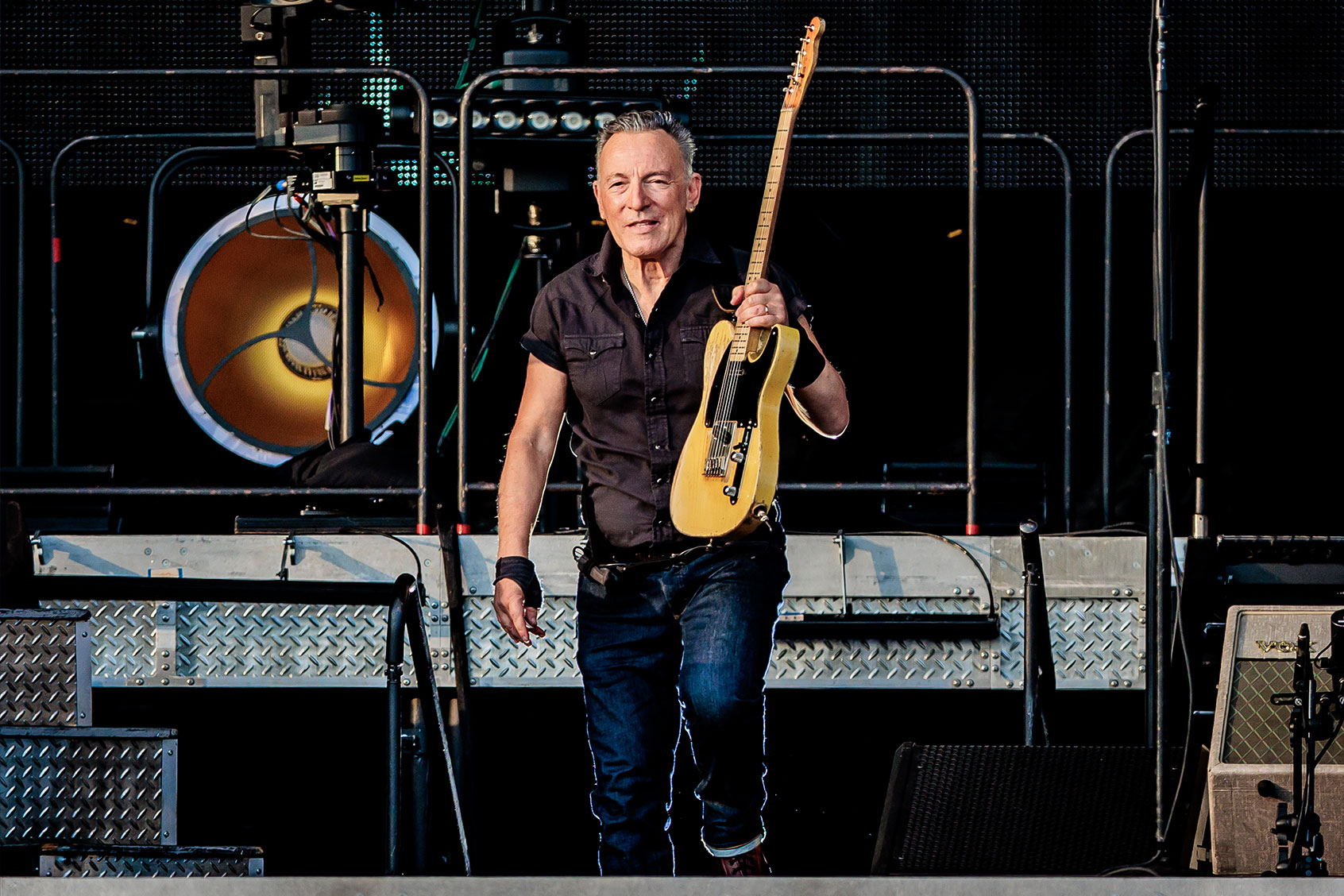Bruce Springsteen has postponed all of his September shows with the E Street Band in order to receive treatment for peptic ulcer disease (PUD), a common condition that afflicts millions worldwide. The New Jersey musician, who turns 74 later this month, apologized on his website, saying that he was “heartbroken” to have to postpone the eight shows. “We’re looking forward to more great times,” he added. “We’ll be back soon.”
PUD is a painful condition that manifests with ulcers, or open sores, in the lining of the stomach or upper part of the small intestine, according to the Mayo Clinic. Symptoms include bloating, heartburn and general stomach pain, which can be triggered by an infection of the bacterium Helicobacter pylori. This little pathogen attacks the mucus layer protecting the stomach, causing ulcers to form. It can also result in dark or bloody stools, weight loss and vomiting blood.
PUD can also develop from taking certain medications, specifically the class of pain relievers known as NSAIDS, or nonsteroidal anti-inflammatory drugs. This includes aspirin, ibuprofen, naproxen and other over-the-counter medications. (Doctors recommend that individuals with PUD stop taking these medications.) Certain drugs can treat PUD, such as proton pump inhibitors, which reduce acid levels in the stomach, or histamine-2 blockers, which can stop the formation of ulcers. Lifestyle changes are sometimes recommended, including avoiding alcohol, tobacco, caffeine and spicy foods. In rare cases, when ulcers don’t heal with medication or lifestyle changes, or complications arise, surgery may be necessary.


